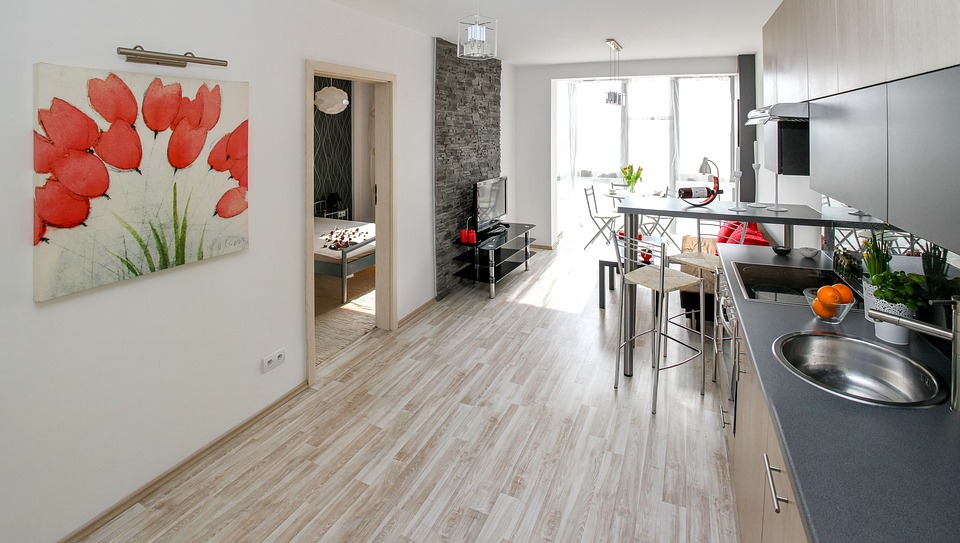
Renting a property is a great option for those who want to avoid the lengthy process and excess fees that come with buying a new home, not to mention the need to have a substantial deposit saved up if you’re looking to buy a home. Renting is an easy option for those who are looking for a quick agreement, a short-term home, or would simply prefer to avoid the long-term commitment which comes with property investment.
Despite the considerable saving on fees that accompany a mortgage, there are still areas you need to be aware of when it comes to money and renting.
1. Prepare Your Deposit and At Least One Month’s Rent
The exact amount you’re expected to pay in terms of deposit and upfront rent will be dependent on the terms of the property you choose. As a general rule, most rental property agreements expect one month’s rent in advance, as well as a deposit amount (which is usually the same figure as a month’s rent). It’s therefore essential, once you’ve worked out your budget, to have these figures saved so that you’re ready to pay a deposit on the property you find.
Deposits are completely returnable to you at the point of you vacating the property permanently. To make it more likely to receive your full deposit, you need to ensure that the property is in the same good condition it was when you first moved in; therefore, you may want to consider the services of end of tenancy cleaners Hammersmith.
2. Work Out a Comfortable Monthly Budget
When you visit a mortgage broker, your mortgage allowance and monthly amount are worked out based on your income. When it comes to renting, how much you can comfortably afford every month in terms of rent is up to you to decide.
This means you should take the time to work out how much rent you can confidently afford on a monthly basis in order to then narrow down your search for a new property by filtering out those properties which are out of your budget.
It’s a good idea to work out both a comfortable amount and an absolute maximum amount in case you see the perfect property and want to decide whether you can stretch to it.
Anything under the amount you decide will be a bonus and a saving.
3. Have an Emergency Fund
Although the bonus of a rental property means that you are not expected to pay to fix issues within the property, such as structural problems or leaks, it’s still a good idea to have an emergency fund in place for any accidents which may occur that you are culpable for.
For instance, your landlord will be expected to fix any issues which occur naturally or through no fault of your own, but if you cause any damage to the property such as a stain on the carpet, a hole in the wall or broken kitchen cabinets, you will be expected to pay to have these fixed from your own pocket, so it’s a good idea to have an emergency fund to fall back on.
